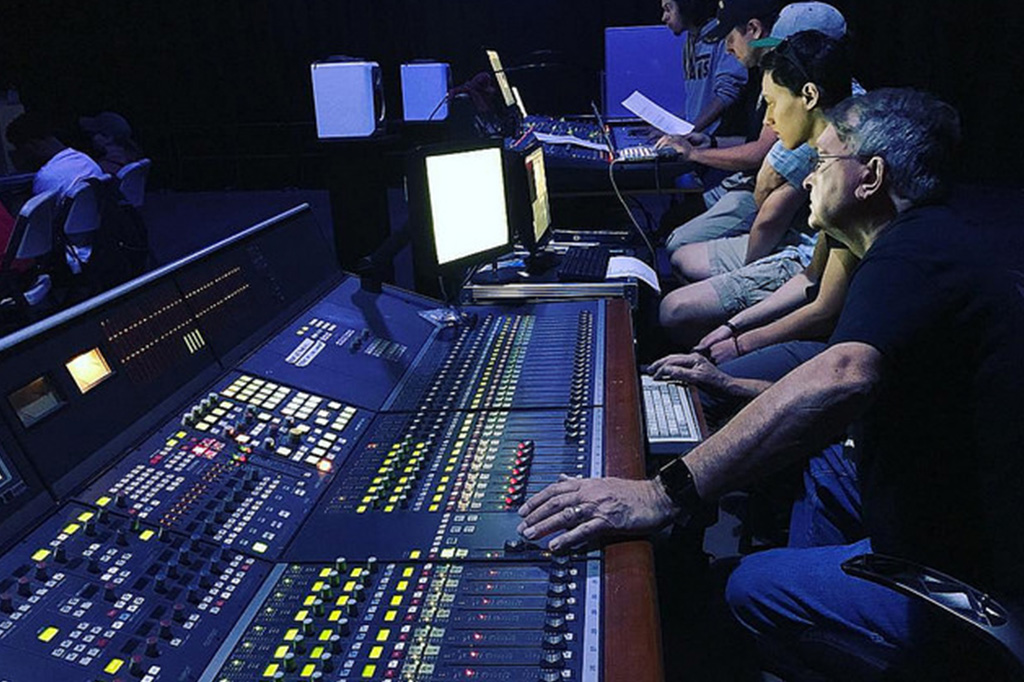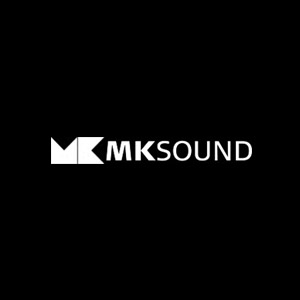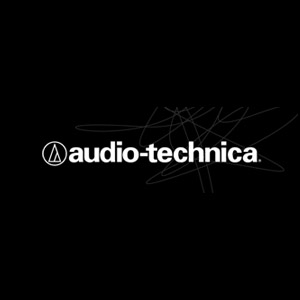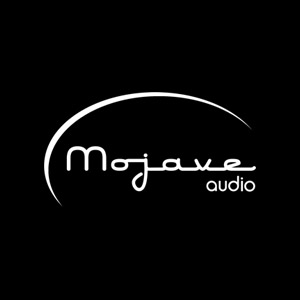How Trade Schools Give Millennials an Advantage in Today’s Market

According to Forbes.com, today’s college students pay over $30,000 for just one year of study. For young adults who do not qualify for scholarships or grants, this means that four years of college could leave them with over $120,000 in debt, before they launch their career. And, while a bachelor’s degree has long since been considered the Gold Standard for employability, the world of employment has changed, with more and more employers seeking candidates that are ready to “work NOW,” with a “NOW knowledge base.” As many college-traditionalists wait patiently for their degree, and are constantly amassing debt, Trade School graduates quickly find themselves working in their chosen fields, and NOT carrying excessive financial burdens, due to education.
In contrast to the traditional 4 year collegiate route, the average $33,000 price tag to complete a trade school program pales in comparison, and jobs are plentiful in hands-on fields. In fact, television celebrity Mike Rowe, best known for hosting the hit show Dirty Jobs, offers scholarships specifically to trade school students. The affordable nature of trade schools, coupled with the shortage of skilled labor, makes trade specific training a top choice for Millennials.
Trade School vs. Traditional College
If ever it’s been true, YOU have to LEARN your way into the field of your choice. YOU will have to gain a SERIOUS education, if you’re looking to be taken SERIOUSLY in your field, right? The biggest differences between a trade school and a traditional college are the overall cost and the time it takes to complete courses. At the University/College level, before moving on to job-specific instruction, you will spend several years filling general education requirements, which include English, math, science and history classes, most of which have nothing to do with your degree. As the root of “university” suggests, the goal is to leave the student “worldly” in a vast span of topics and courses. It made sense to encourage a broad knowledge base when the university system was created because information was hard to come by. Millennials, however, have proven to have an innate sense of gathering information via the internet, with access to a wider knowledge base than any prior generation. While it is true that, for some, general education is needed for some, those that are seeking employment quickly tend to educate themselves through less “traditional” routes, like a highly reputable trade school. Trade schools only teach what a person needs to know to do their job, and they only train for jobs that are in demand. While many university graduates find themselves scrambling after college, it is rare for a trade school student to remain unemployed in their field.
What Types of Jobs Are Available?
Any job that requires hands-on experience is an ideal candidate for trade-specific training programs. It is easy to find technical training for construction workers, plumbers, mechanics, electricians, and technical arts professionals and jobs are in demand in these fields. Companies are constantly looking for skilled laborers that are “NOW CAPABLE,” without demanding Gen-Eds from the collegiate level. In many cases, CEOs of major corporations who work in these trade categories have on-the-ground experience rather than a business degree, despite their executive-level paychecks. There are also plenty of trade schools that offer skill-set based training for lesser known jobs.
The Conservatory of Recording Arts and Sciences,CRAS, for example, focuses on Music Production and Audio Engineering. While breaking into music as a singer or band member is rare and highly competitive, graduates of a Music Production school find numerous opportunities to work in the industry. Have you ever considered who makes “sound” happen? While you play video games, how was it that the tires squealed when you took that sharp turn? Who makes sure that Beyonce’s microphone is working during the concert? How’d that cool effect on that guitar part on that one song end up there? How is the basketball’s “swoosh” so perfectly audible during the game? Ever notice the music that sets the mood for the scene of the movie you’re watching?
Using the Skill’s Gap to Your Benefit
There are some services that everyone needs, regardless of their income or lifestyle. Broken pipes are an emergency and need professional attention immediately. If your car breaks down, you’ll pay whatever it takes to get back to work without interruption, and a good mechanic is worth their price. Same is true in the Audio Industry: When there are over 200 microphones on a NASCAR track, it’s the broadcast companies that are in a constant state of EMERGENCY, as their video, AND AUDIO, are being broadcast to MILLIONS OF HOME VIEWERS, so there had better be a “real” Audio Engineer at the helm, right? When the demand for a skill, trade or service exceeds the qualified technicians available to get the job done, there is a skill’s gap present in the economy.
Today, there are entire industries, such as aviation, that are desperate for skilled workers. While most people think that pilots are the cog that turns the industry wheel, the truth is that skilled tradespeople are the foundation of aviation, and not very many people can do the necessary jobs. For those who can, they are pulling top pay because there is such a demand for these skills. This scenario is increasingly common across a wide swath of industries that rely of skilled workers.
Broad Applications of Targeted Skills
For the reason that trade and technical schools are task-based learning, they are ideal educational options for Millennials. Today’s job market is shifting and changing at an unbelievable rate, and an education that is based on touching/doing the craft you’ve chosen to study allows YOU to truly understand your new knowledge, and, more importantly, put that knowledge to WORK NOW! Attending a trade school means you take advantage of a faster-paced learning environment with more of a personal touch. Instructors have real-world knowledge in their fields. You learn in settings that will help build confidence when you are put to task.
While university students focus on the requirements for a degree, trade school graduates learn to get a job done and can easily integrate into any company who uses their skill set. Though CRAS students may envision learning Music Production and Audio Engineering to mix for a major band, they might end up working in Broadcast for NASCAR, in Video Game Audio for Obsidian, in Post Production for Universal, going on tour with 21 Pilots, doing Theater Sound on Broadway… anywhere you hear Audio, there’s a job RIGHT THERE! Technical skills have broader applications across a wider variety of industries and are easily adaptable to change.
Getting a good job is important to Millennials, but they aren’t willing to waste time, money and energy for schooling that won’t pay off with real dollars and cents. For this reason, the increase in students choosing a trade school over traditional college shouldn’t be surprising.
If you’re interested in skill-based training, a music production school like CRAS is a smart choice, and our Audio Engineering and Music Production programs is one of the best in the country!
Visit cras.edu or contact us at (800)562-6383 to speak to an Admissions Representative that can connect you to YOUR DREAMS in Pro Audio. It’s your turn… BE HEARD!


























